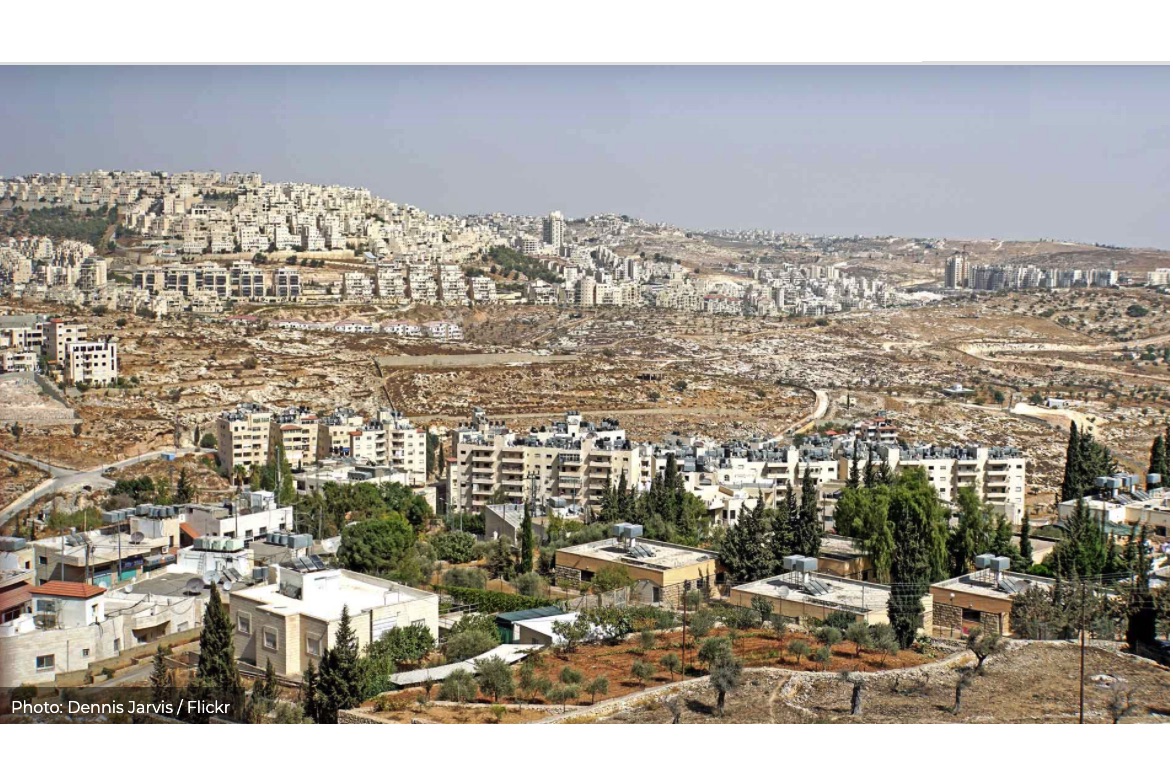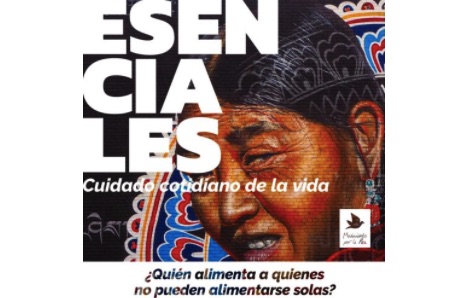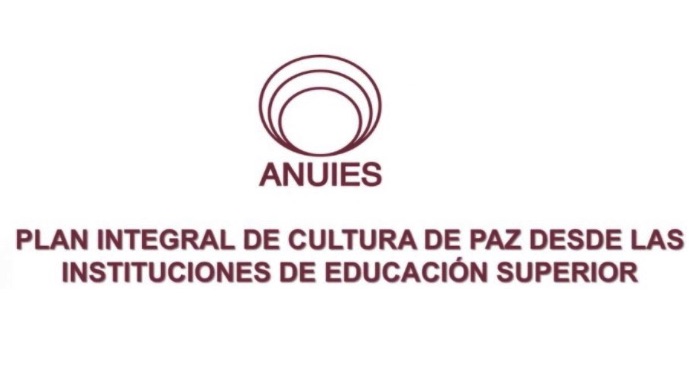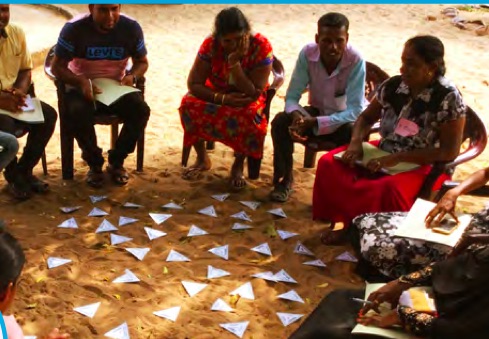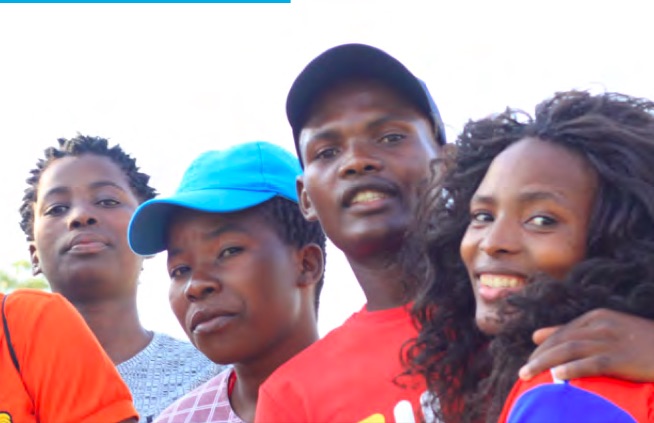. HUMAN RIGHTS .
An article from Amnesty International ( licensed under a Creative Commons attribution, non-commercial, no derivatives, international 4.0 licence)
The inhumane treatment of refugees and migrants threatens to stall progress on tackling COVID-19, Amnesty International said today, warning that overcrowded camps and detention centres will become new epicentres unless urgent action is taken. The organization said that lockdowns and movement restrictions have exacerbated dire living conditions, leaving millions of people at risk of starvation and illness.

The organization is calling for concerted global action to ensure hundreds of thousands of people on the move are provided with adequate access to food, water, sanitation and healthcare to ensure their survival as countries prepare to come out of lockdown.
“It is impossible to properly contain this virus when so many people worldwide are living in desperately overcrowded, unsanitary camps and detention centres. At a time when we need compassion and cooperation more than ever some governments have instead doubled down on discrimination and abuse – preventing deliveries of food and water, locking people up, or sending them back to war and persecution,” said Iain Byrne, Head of Amnesty’s Refugees and Migrants Rights team.
“In many camps death by starvation is now reported to be a bigger threat than the virus itself. This is an appalling abdication of the collective responsibility to protect refugees and migrants, and we are urging states to take immediate action to prevent this becoming a human rights catastrophe.”
Many governments have taken actions driven by discrimination and xenophobia, which needlessly place refugees at risk of starvation and disease.
For example, water supplies were deliberately cut off by local authorities in Bosnia’s Vucjuk camp to force the relocation of the camp’s inhabitants. Many refugees live in precarious economic situations, and lockdowns and curfews are making it harder than ever to earn a living. In Jordan’s Zaatari camp, lockdowns prevent people from working at all—meaning no food or income to pay for even basic necessities. In April, residents of makeshift camps in France’s Calais settlements were not receiving adequate deliveries of food and water due to lockdowns, and restrictions on movement made it impossible for them to shop for themselves, even if they had money to do so.
(Article continued in right column.)
(Click here for the French version of this article or click here for the Spanish version.)
How can we work together to overcome this medical and economic crisis?
(Article continued from left column.)
Many governments have continued to unnecessarily detain people seeking asylum, putting them at risk of contracting the virus. There aren’t enough tests and protective equipment for staff and people being detained, potentially igniting a powder keg of illness and fatalities. People held in immigration detention in Australia have been begging to be released because they are frightened that staff who have not been issued with PPE will unknowingly bring the virus in.
Other governments have violated international law by forcing people back to danger under the pretext of containing COVID-19.
Fueled by an existing anti-migrant and opportunistic agenda, the U.S. has turned back over 20,000 people in violation of domestic and international legal obligations since March 20.
Similarly, Malaysia turned back a boat of Rohingya people seeking safety; although Bangladesh eventually allowed the boat to land, at least 30 people had reportedly died when their vessel drifted at sea for two months. Presently, there are reports that several hundred people urgently need search and rescue assistance.
Forcing people back to countries where they are reasonably expected to face persecution, torture or other cruel or degrading treatment amounts to refoulement which is illegal under international law. There are no circumstances where the principle of non-refoulement does not apply.
Amnesty International is calling on governments to:
* Provide adequate food and water supplies and health care to camps and quarantined people
* Consider temporary regularization of all migrants, regardless of their documentation status, ensure that economic stimulus packages and protections apply to asylum seekers and refugees, and continue to allow resettlement where possible
* Decongest camps, immigration detention centres and informal settlements, and rehouse residents in dignified and sanitary conditions with adequate access to healthcare, food, and water. Immigration detainees should be released if their right to health cannot be guaranteed in detention.
* Uphold the right to seek asylum and the principle of non-refoulement.
“Governments keep saying we are all in this together. This means nothing unless they step up to protect the millions of people worldwide who are experiencing this pandemic far from their homes and loved ones,” said Iain Byrne.
“Any government which allows refugees to die of starvation or thirst during lockdown has failed dismally at tackling this crisis.”



